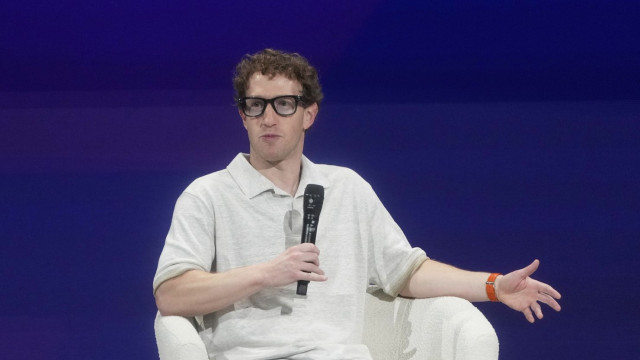Meta, the parent organization of Facebook, has intensified its initiatives to enhance the platform's integrity, revealing the elimination of over 10 million fake profiles and 500,000 spam accounts within the first half of 2025.
The company stated that these measures are part of a wider crackdown on impersonation, duplicate content, and fraudulent engagement, intended to foster originality and ensure that genuine creators gain more visibility.
According to Meta, this effort also addresses accounts that recycle or repost others' content without permission or substantial modifications. Such accounts will face the loss of monetization tools and a decrease in their content's reach on Facebook feeds.
“We’re making progress. In the first half of 2025, we addressed approximately 500,000 accounts involved in spammy behavior or fake engagement.
Additionally, we removed around 10 million profiles impersonating significant content creators,” Meta shared in a blog post on Monday.
The tech giant elaborated that consistently sharing unoriginal material, whether videos, photos, or text, harms the platform by drowning out authentic voices and making it more difficult for new creators to gain attention.
To assist legitimate creators, Meta is launching new features that will attribute duplicated content back to the original post.
This initiative aims to highlight authentic work and ensure rightful creators receive the recognition they deserve. Furthermore, the company warned against sharing watermarked content from other platforms, stating that this could result in penalties such as reduced reach or loss of monetization opportunities.
In its update, Meta has included post-level insights on the Professional Dashboard, enabling content creators to monitor their posts' performance. Creators can also access their Support Home screen to determine if they are at risk of restrictions on their posts or earnings.
Meanwhile, YouTube, owned by Google, has announced a comparable policy, stating it will no longer permit mass-produced or excessively repetitive content to earn ad revenue.
This update initially caused confusion among users on social media, with some concerned it might indicate a change in YouTube’s approach to AI-generated content.
However, YouTube confirmed that the new regulations are not intended for creators using AI to enhance their storytelling.
“We welcome creators employing AI tools to enrich their storytelling, and channels incorporating AI in their content remain eligible for monetization,” YouTube stated.
Both platforms assert that the new regulations are part of broader efforts to uphold content quality and safeguard creators in the shifting digital economy.




















